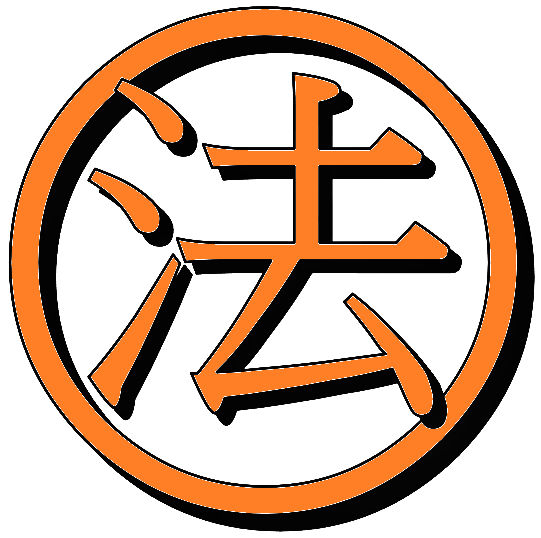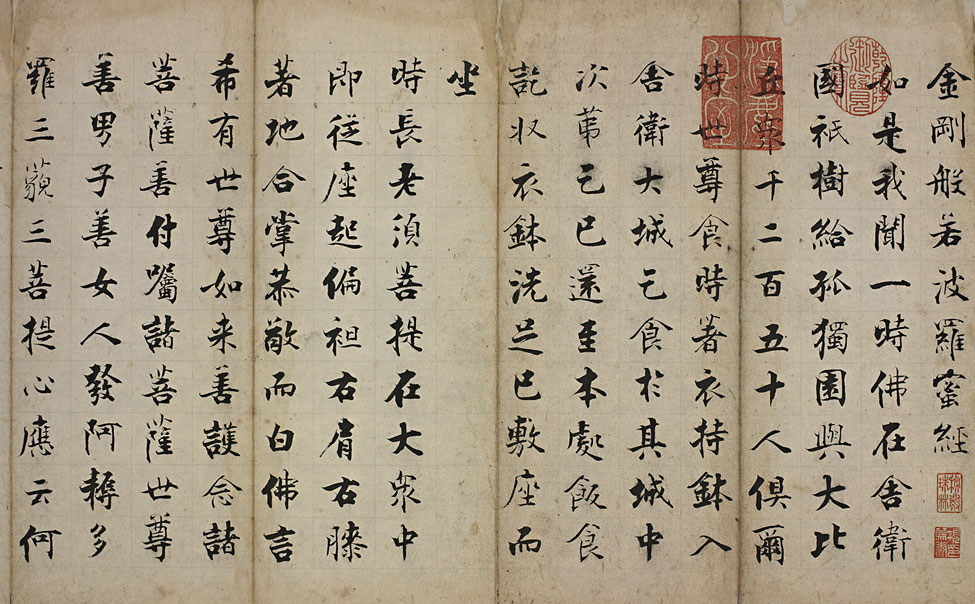Diamond Sutra
-
Perfect Wisdom: The Short Prajnaparamita Texts (Conze)
Edward Conze spent his academic career studying and translating the Sanskrit Perfection of Wisdom literature, and his work continues to be the standard for the English-speaking audience. Paired with his other major work (The Large Sutra on Perfect Wisdom), Perfect Wisdom: The Short Prajnaparamita Texts serves as a broad survey of these texts in English.… Continue reading
-
Book Review: The Diamond Sutra (Red Pine)
Red Pine’s The Diamond Sutra: Text and Commentaries Translated from Sanskrit and Chinese is a book that I recommend to readers who want to explore the various Diamond Sutra translations and exegesis that remains untranslated today. In this book, Red Pine presents a translation of the sutra based on his studies of the Sanskrit and… Continue reading
-
Weekly Update: Agamas and Dharmapadas

It’s been over a month since my last update on my translation work. I began the year with a general idea of updating my previous translations that needed polishing and correction, and I republished a much improved edition of Kumarajiva’s Diamond Sutra in February. In March things changed somewhat when I rediscovered some of my… Continue reading
-
Book Review: The Diamond That Cuts Through Illusion (Thich Nhat Hanh)
The Diamond that Cuts through Illusion is Thich Nhat Hanh’s translation and commentary on the Diamond-Cutting Perfection of Wisdom Sutra, which was first published by Parallax Press in 1992. The English translation from Kumarajiva’s Chinese was led by Hahn with the help of Annabel Laity and Anh Huong Nguyen. Hahn’s commentary on the Sutra was… Continue reading
-
Diamond Sutra: A Baseball Is Not a Baseball; It’s Called a Baseball

The Diamond Sutra addresses a number of Buddhist concepts and themes but at the core of its mystery is an unexplained formula that is repeated over and over. It can be summarized as a sort of equation: X is not X. This is called X. The Sutra authors apply this equation to many things: The… Continue reading
-
T235. Kumārajīva’s Diamond Perfection of Wisdom Sūtra

Thus I have heard: One time, the Buddha was at Anāthapiṇḍada Park in Jeta Grove near Śrāvastī with a congregation of 1,250 great bhikṣus. When it was time to eat, the Bhagavān put on his robes and took his bowl into the great city of Śrāvastī to ask for food. Having gone from place to… Continue reading
-
Progress Report

Things have been busy as I juggle a number of different projects in addition to my translation work. I’m still working on a re-release of Kumārajīva’s Diamond Sutra in English, having taken a break from it to draft an English translation of Mañjuśrī’s Teaching of the Perfection of Wisdom from Xuanzang’s Chinese. I’ve decided that… Continue reading
-
Progress Report: the Diamond Sūtra

The past two weeks, I’ve been working on my new edition of Kumārajīva’s Diamond Sūtra. This critical translation will be as accurate and readable as I can make it. My concerns as a translator of a text like this are twofold: It needs to readable, modern English. It needs to represent as closely as possible… Continue reading